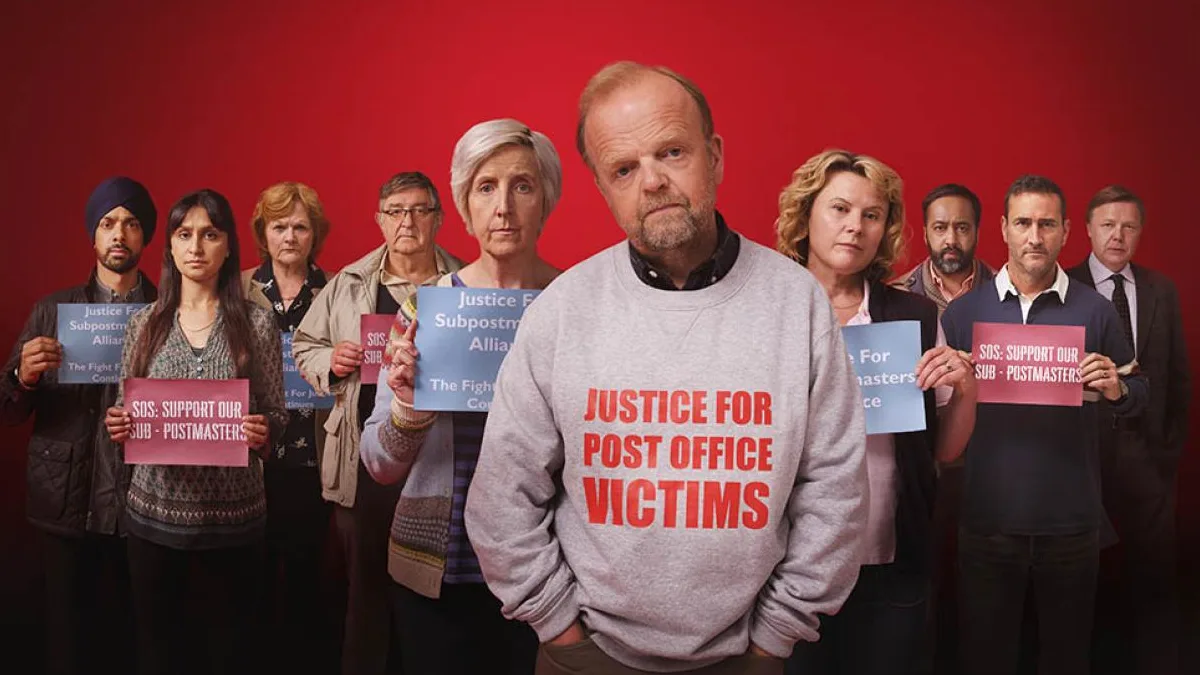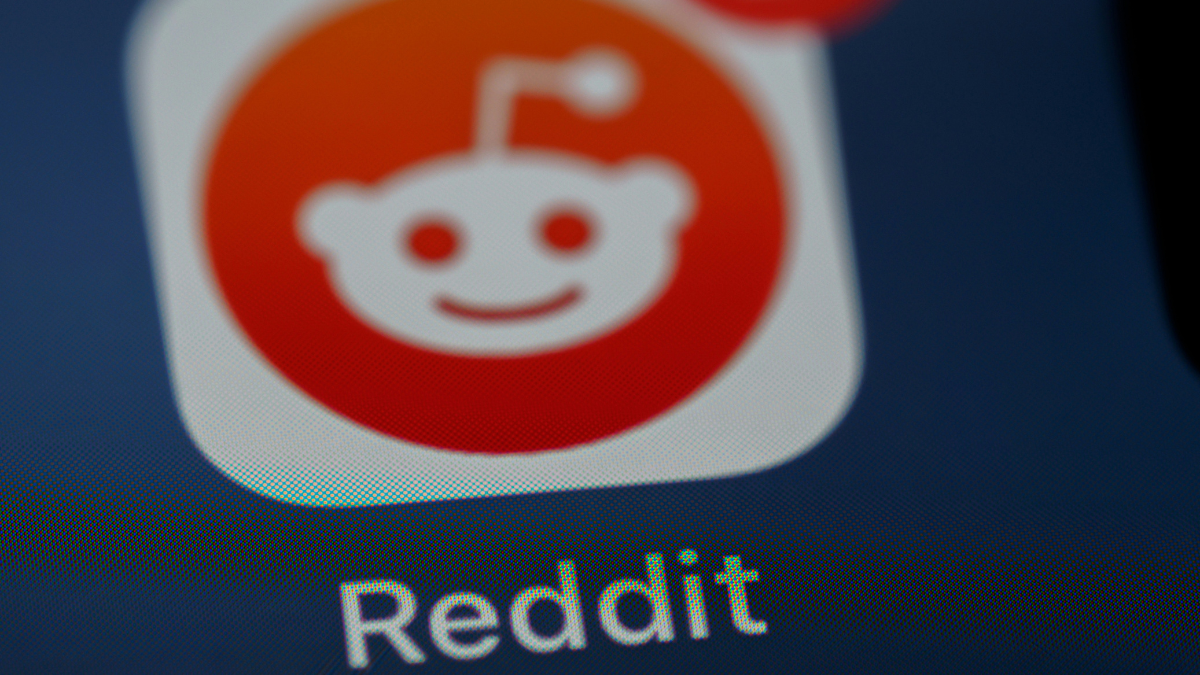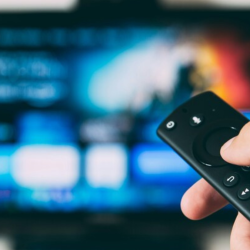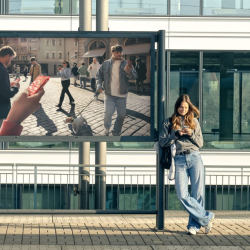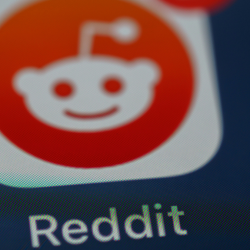The relationship between media and public opinion can’t be neatly boxed up. There are times when public opinion, campaigns, and social justice outrage shape media narratives. And there are times when many argue media is leveraged to shape public opinion, by having the power to highlight certain influencers, commentators, and issues over others.
As we engage with an increasingly tense year with geopolitical issues affecting individuals, businesses, and politics, unpacking the murky relationship between media and public opinion has never been more crucial.
There’s a chicken-or-egg question around media and public opinion: Is media a reflection of public opinion, or is public opinion irrevocably shaped by media? Advertising and marketing agencies lean towards the former. They invest millions into understanding the cultures and subcultures across all generations to better understand how to market to an increasingly divided set of communities with nuanced needs, values, and interests. Ogilvy’s recent 2024 social media report outlines how social media has reshaped our world, creating cultures upon subcultures that are distinct and unique and require sophisticated marketing techniques to tap into.
In advertising, the goal is to seamlessly integrate into these emerging cultures. This approach not only fosters a competitive edge, but also drives innovation in product development through creative advertising that blends the roles of creators and brands.
Yet, there is another facet to the relationship between media and public opinion, one that has yielded some pretty drastic outcomes
We can see this most notably in the rise of true crime documentaries that have had real-life impact on public justice. The Post Office Scandal, for example, where over 900 sub-postmasters were accused of stealing money as a result of faulty software, was brought into public light with the BBC drama Mr Bates vs The Post Office (2024).
As a result of this show, more than a million people signed a petition to strip former Managing Director Paula Vennells of her CBE, resulting in King Charles revoking her CBE in February 2024.
What’s more, UK Prime Minister Rishi Sunak committed to bringing in a new law to exonerate and compensate all victims from the event. A TV drama was able to hit the hearts of public, political, and even royal opinion in a way that traditional campaigns cannot.
However, the power of media to shape public opinion isn’t always benign
Cast your minds back to the Cambridge Analytica scandal, exposed in 2018 for collecting personal data from Facebook without individuals’ consent and leveraging this for political advertising. It’s hard to imagine that another Cambridge Analytica-style scandal isn’t just around the corner, with the speed of AI development outpacing that of regulation.
It’s welcoming to see the biggest AI companies (Open AI, Anthropic, and Google) introducing election policies for their chatbots and banning their use in political campaigning, but there remains concern around their sharing of ‘wildly inaccurate’ election information.
As the world grapples with increasing uncertainty, the potential for misuse of media power looms large. While ‘people power’ has the potential to shake up the focus of the media, ultimately, the media has access to resources, sophisticated technology, and critical insights that can tap into and shape public opinion, both for better and for worse.
Leaders should handle that power with care.
Featured image: Mr Bates v The Post Office (2024) / ITVx









